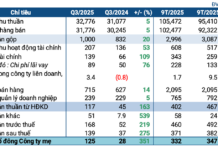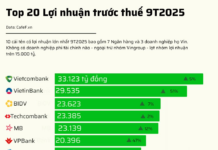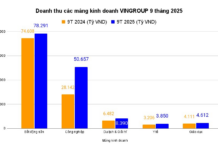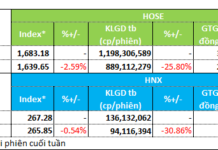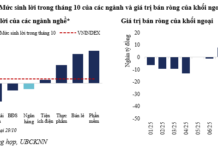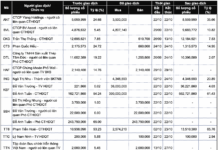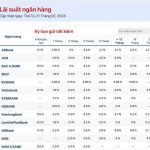When it comes to investing, it’s important to first assess your financial situation and risk tolerance. As advised by Tran Manh Hoang Viet, a financial planning expert at FIDT Investment and Asset Management Consulting JSC, one should examine their income, expenses, cost management, and debts to determine an appropriate investment strategy. It’s also crucial to have an emergency fund that can cover your expenses for 3 to 6 months in case of any unforeseen circumstances.
Mr. Viet emphasizes the importance of having adequate insurance, such as life insurance and government-provided welfare insurance, to protect yourself from larger risks like critical illnesses. He suggests setting aside a portion of your 2 billion VND for long-term retirement savings, separate from your investments.
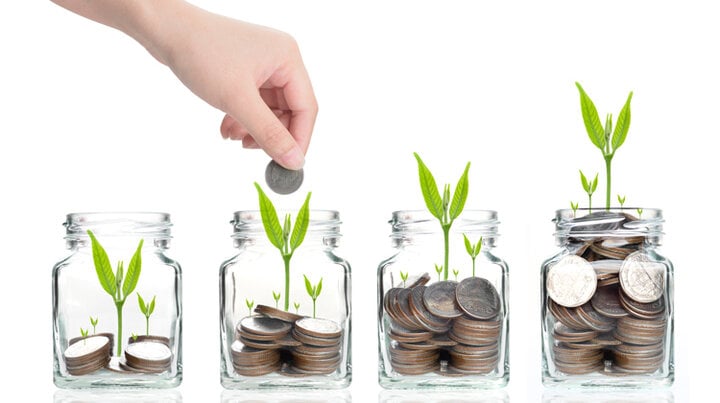
Illustrative image
If you have a stable income and have already established these financial safety nets, you can consider investing your entire idle 2 billion VND to grow your wealth. However, it’s crucial to assess your risk tolerance and choose investment channels wisely. For example, if you can’t handle losses, investing in stocks may not be the best option as it could cause sleepless nights and anxiety.
A well-diversified portfolio should include a balance of growth and defensive assets. Growth assets could include real estate and stocks, while defensive assets could be bank deposits and gold. According to Mr. Viet, stocks have historically provided the best long-term returns, but they come with short-term volatility and require a high level of investment knowledge. If you’re a beginner, consider investing in stock funds or ETFs for long-term accumulation.
For those with more knowledge and experience, direct stock investments can make up 20-40% of your portfolio. You can allocate 50% or more to real estate, but with 1-1.2 billion VND, you’ll likely be limited to peripheral areas, which offer high growth potential but require a long-term hold. Always conduct thorough due diligence on the legal aspects before investing in such properties.
Where should you invest?
Mr. Viet provides a more detailed analysis of investment channels:
While stocks offer the potential for high long-term returns, they come with short-term risks and require a high level of investment expertise. If you’re a beginner, consider investing in stock funds or ETFs for more stable, long-term growth. With greater knowledge, you can directly invest in stocks, allocating 20-40% of your portfolio to this asset class.
Real estate is another attractive investment option. With a budget of 1-1.2 billion VND, you can purchase property in outlying areas, often a mix of residential and agricultural land. These types of properties offer high growth potential, ranging from 10-30%, but they require a long-term hold. It’s crucial to thoroughly examine the legal aspects before investing in these areas.
As for the remaining 10-15% of your portfolio, it’s wise to keep this in cash to maintain liquidity. You can also allocate a portion of this to gold purchases. Gold is a defensive asset; when the economy is doing well, stocks and real estate may rise while gold remains stable. However, during economic downturns, gold often increases in value while stocks and real estate may decline.
By constructing a portfolio with a mix of growth and defensive assets, you can ensure diversity and balance in your investments. However, for a more tailored investment plan, it’s advisable to seek guidance from personal finance experts or experienced investors before committing your capital.
Opportunities and challenges intertwined in 2024: Which way to go for investors?
The right strategy and suitable products are the guiding light that helps investors navigate the unpredictable and volatile stock market environment.











